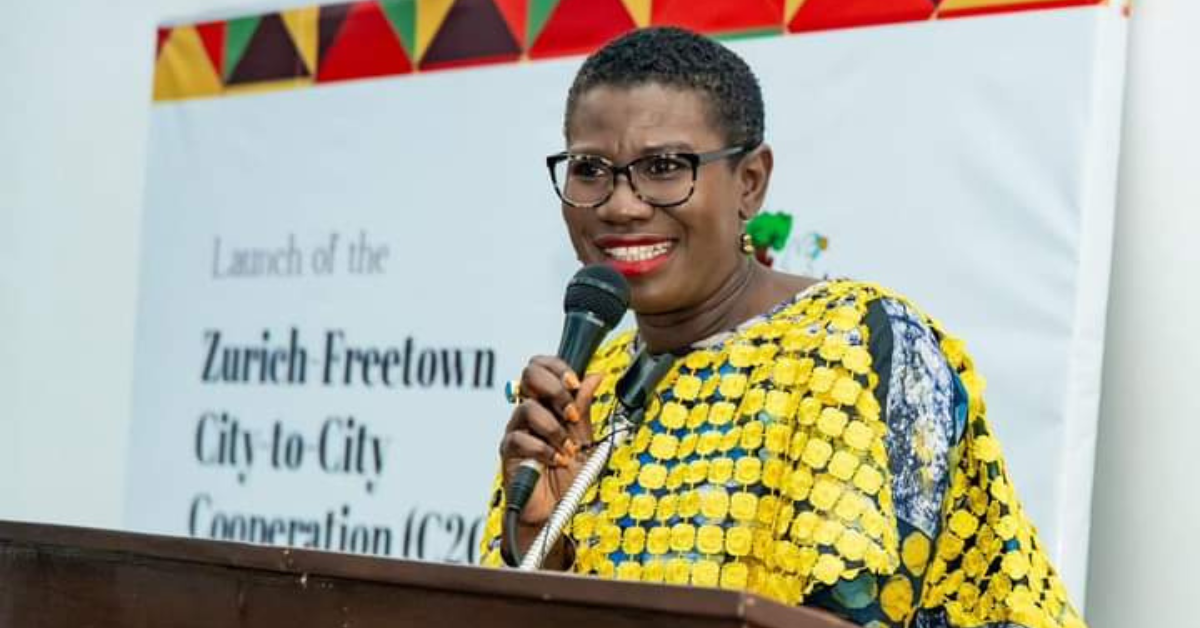Freetown has become the second African capital to formally endorse the Fossil Fuel Non-Proliferation Treaty, joining a global coalition of over 120 cities and subnational governments calling for a just transition away from fossil fuels to renewable energy.
This milestone comes as Sierra Leone’s capital aligns itself with a growing global movement advocating for climate justice and urgent action to combat the fossil fuel industry’s entrenched power. The decision reflects Freetown’s commitment to addressing the climate crisis, according to Mayor Yvonne Aki-Sawyerr.
“While COP28 acknowledged the need to transition from fossil fuels, COP29 failed to reaffirm this crucial step,” Aki-Sawyerr said. “We are at a crossroads. One path preserves humanity, and the other leads to its destruction. The Fossil Fuel Treaty represents the bold, decisive action we need to end dependence on fossil fuels and unlock our renewable energy potential.”
The treaty proposal is supported by diverse stakeholders, including over 3,500 organizations, 101 Nobel laureates, the World Health Organization, and Indigenous nations. Major cities endorsing the treaty include Sydney, Kolkata, Lima, Vancouver, London, and California.
Aki-Sawyerr emphasized the pivotal role of African urban centers in the global fight against climate change. “Our cities are not only economic hubs but also innovation epicenters. Freetown is ready to collaborate with cities across Africa and beyond to transition from fossil fuels to a renewable energy future,” she added.
Mark Watts, Executive Director of C40 Cities, hailed Freetown’s leadership as transformative. “This is a bold and crucial step in the fight for climate justice. Freetown’s decision sends a clear message to the fossil fuel industry that major cities are committed to phasing out fossil fuels and advancing an equitable energy future,” he said.
Fadhel Kaboub, Senior Advisor at Power Shift Africa, underscored the need for global frameworks to finance Africa’s renewable energy transition. “It is imperative to activate Agenda 2063 and shift from fossil fuel dependence to tangible renewable solutions,” he stated.
The Fossil Fuel Non-Proliferation Treaty, driven by 14 Global South nations, is gaining momentum as cities, organizations, and institutions around the world join the call. Advocates argue the treaty is critical to averting catastrophic climate impacts and ensuring a just energy transition for all.











